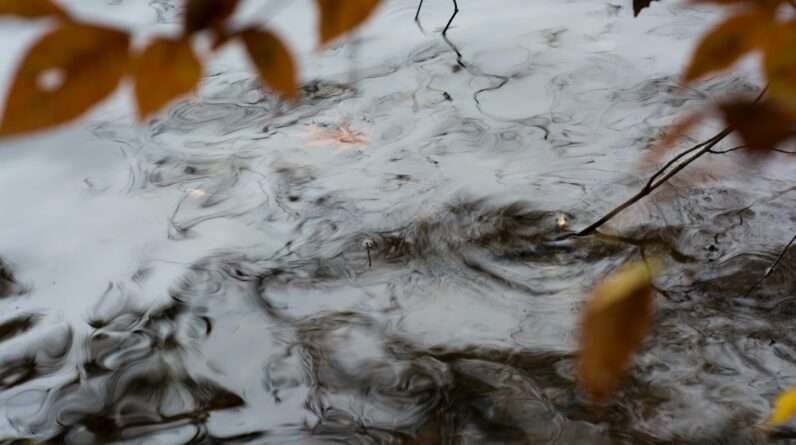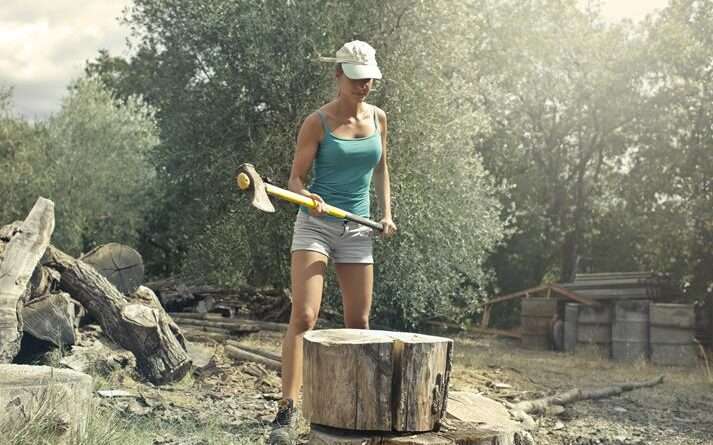
You’ve enjoyed countless sunny days splashing in your above-ground pool, creating memories that will last a lifetime. But now, as winter approaches, it’s time to protect your investment and preserve those cherished moments.
Winterizing your pool is essential to ensure it remains in top condition during the colder months. In this article, we’ll guide you through the steps of preparing your pool for winter, from chemical balancing and treatment to covering and securing it.
Get ready to master the art of winterizing and keep those summer memories alive.
Key Takeaways
- Winterizing your above-ground pool protects it from damage during the winter months.
- Proper winter pool care ensures that your pool remains in top condition.
- Balancing water chemistry prevents the growth of algae and bacteria.
- Covering the pool with a sturdy winter pool protection cover shields it from harsh weather conditions.
Importance of Winterizing
Winterizing your above-ground pool is essential to protect it from damage during the winter months. Proper winter pool care ensures that your pool remains in top condition, ready for use when summer comes around again.
To start, you need to balance the water chemistry by adjusting the pH, alkalinity, and calcium hardness levels. This prevents the growth of algae and bacteria, which can cause extensive damage to your pool’s surfaces and equipment.
Next, you should clean the pool thoroughly, removing any debris or leaves that may have accumulated. This not only keeps your pool looking pristine, but it also prevents clogging of the filtration system.
Finally, you should cover your pool with a sturdy winter pool protection cover to shield it from harsh weather conditions.
Winterizing your above-ground pool may seem like a tedious task, but it’s crucial in ensuring its longevity and minimizing maintenance costs in the long run.
Preparing the Pool for Winter
You should begin by draining and cleaning the pool, then cover it with a winter pool protection cover. Closing the pool properly is crucial to ensure that it remains in good condition throughout the winter months. Here’s a step-by-step guide to help you with the process:
- Drain the pool: Use a submersible pump to remove all the water from the pool. Make sure to follow the manufacturer’s instructions and remove water from all the plumbing lines.
- Clean the pool: Scrub the walls, floor, and any visible debris in the pool. Use a pool brush and vacuum to ensure a thorough cleaning.
- Cover the pool: Once the pool is drained and cleaned, cover it with a winter pool protection cover. This will prevent leaves, debris, and snow from accumulating in the pool.
To give you a clearer picture, here’s a table summarizing the steps involved in closing your pool for winter:
| Step | Description |
|---|---|
| 1 | Drain the pool |
| 2 | Clean the pool |
| 3 | Cover the pool |
Chemical Balancing and Treatment
Now that we’ve covered the steps for winterizing your pool, let’s talk about how to properly balance and treat the chemicals. Chemical maintenance is a crucial aspect of winter pool care, as it ensures that your pool remains clean and safe during the colder months.
The first step is to test the water’s pH level using a testing kit. Ideally, the pH should be between 7.2 and 7.6 for optimal swimming conditions. If the pH is too high, you can add a pH decreaser, such as sodium bisulfate, to bring it down. On the other hand, if the pH is too low, a pH increaser like sodium carbonate can be used.
Additionally, it’s important to check and adjust the chlorine and alkalinity levels. Chlorine helps to kill bacteria and prevent algae growth, while alkalinity helps to stabilize the pH.
Covering and Securing the Pool
Make sure to securely fasten the pool cover using multiple straps to prevent any debris from entering the pool. Properly covering and securing your pool is an essential part of pool maintenance, especially during the winter months when the pool isn’t in use.
Here are three reasons why you should invest time and effort into this task:
- Protects the pool from debris: A well-fitted cover with multiple straps ensures that leaves, twigs, and other debris stay out of the pool, keeping it clean and reducing the need for frequent cleaning.
- Prevents water evaporation: By tightly securing the cover, you minimize water evaporation, helping to conserve water and maintain the pool’s water level.
- Keeps out sunlight: A pool cover blocks sunlight, preventing algae growth and reducing the need for excessive chemical treatments.
Maintenance Tips During Winter
Don’t forget to regularly inspect and clean your pool cover throughout the winter to ensure it remains in good condition and effectively protects against debris and evaporation.
Winter pool care is essential for preventing pool damage and preserving the longevity of your pool.
When inspecting your pool cover, check for any tears, holes, or loose straps that may compromise its effectiveness.
Clean the cover by removing any leaves, twigs, or other debris that may have accumulated on top. This will prevent the debris from seeping into the water when the cover is removed in the spring.
Additionally, regularly check the water level and add water if needed to prevent the pool cover from sagging and potentially causing damage.
Frequently Asked Questions
How Often Should I Check the Pool Cover During the Winter Months?
During the winter months, it is important to regularly check your pool cover to ensure it is securely in place and free from any damage. This is a crucial step in winter pool maintenance.
Can I Use a Tarp or Plastic Sheeting as a Pool Cover Instead of a Dedicated Pool Cover?
Sure, you can use a tarp or plastic sheeting as a temporary pool cover, but it’s not ideal. A dedicated pool cover offers better protection, durability, and convenience, ensuring your pool stays in great condition throughout the winter.
What Should I Do if I Notice Any Damage or Tears in the Pool Cover During the Winter?
If you notice any damage or tears in the pool cover during winter, it’s important to take immediate action to prevent further damage. Patch the holes or tears using a pool cover repair kit to ensure the pool stays protected throughout the winter.
Is It Necessary to Drain the Pool Completely Before Winterizing It?
Before winterizing above-ground pools, should you drain them completely? Yes, it’s necessary. By draining, you prevent freezing and potential damage to the pool. Remember, winterizing properly is crucial to preserve summer memories and ensure a successful pool season next year.
Are There Any Specific Precautions I Should Take if I Live in an Area With Heavy Snowfall During the Winter?
If you live in an area with heavy snowfall during winter, there are specific precautions to take when winterizing your above-ground pool. Proper preparation for heavy snowfall is crucial in cold climates to ensure the pool remains safe and undamaged.












